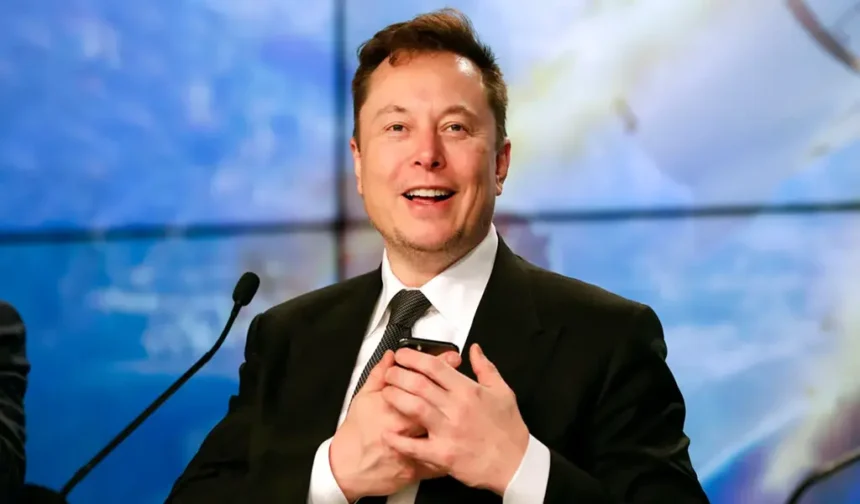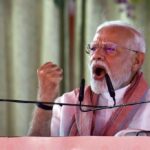Tesla CEO Founder Elon Musk said on Saturday that Starlink submitted an application to the government of Pakistan for authorization to begin internet services in the country. However, the company is now waiting for approval from the government.
Tesla CEO Elon Musk‘s statement was in response to a post by Sanam Jamali, a Pakistani internet user. Jamali hoped that Starlink would help propel Pakistan into a more connected future.
Elon Musk Responds to Pakistani User’s Hope for Starlink’s Role in Connectivity
In a subsequent post, Jamali asserted that Pakistan has permitted Starlink to enter the country. She also urged Tesla CEO Elon Musk to speed up the launch, highlighting the advantages of providing millions of people with improved connectivity, education, and educational possibilities.
Earlier, Shaza Fatima Khawaja, the Minister of State for Information Technology, said that Pakistan is now negotiating with Starlink, owned by Tesla CEO Elon Musk, to offer satellite internet services to the country.
During a heated session of parliament on Friday, she discussed the ongoing talks. She acknowledged the difficulties that Pakistan’s internet infrastructure is experiencing, but she also stated that the government is committed to improving internet services despite recent disruptions, such as the ban on X, which she stated affects less than two percent of the population.
In addition, she provided an additional justification for the surveillance measures by noting worries regarding national security, particularly in light of recent terrorist acts.
The past attempts that Starlink has made to enter the market have been delayed due to regulatory constraints, including worries regarding interference with PakSAT-MM1, which is Pakistan’s geostationary satellite.
According to a survey published by Top10VPN.com, Pakistan was classified as the nation that would be most negatively affected by internet disruptions, with losses amounting to $1.62 billion.
Internet outages accounted for 88,788 hours in the previous year, resulting in a financial loss of $7.69 billion. This is a part of a wider global trend that has been occurring.

Salman Ahmad is known for his significant contributions to esteemed publications like the Times of India and the Express Tribune. Salman has carved a niche as a freelance journalist, combining thorough research with engaging reporting.














